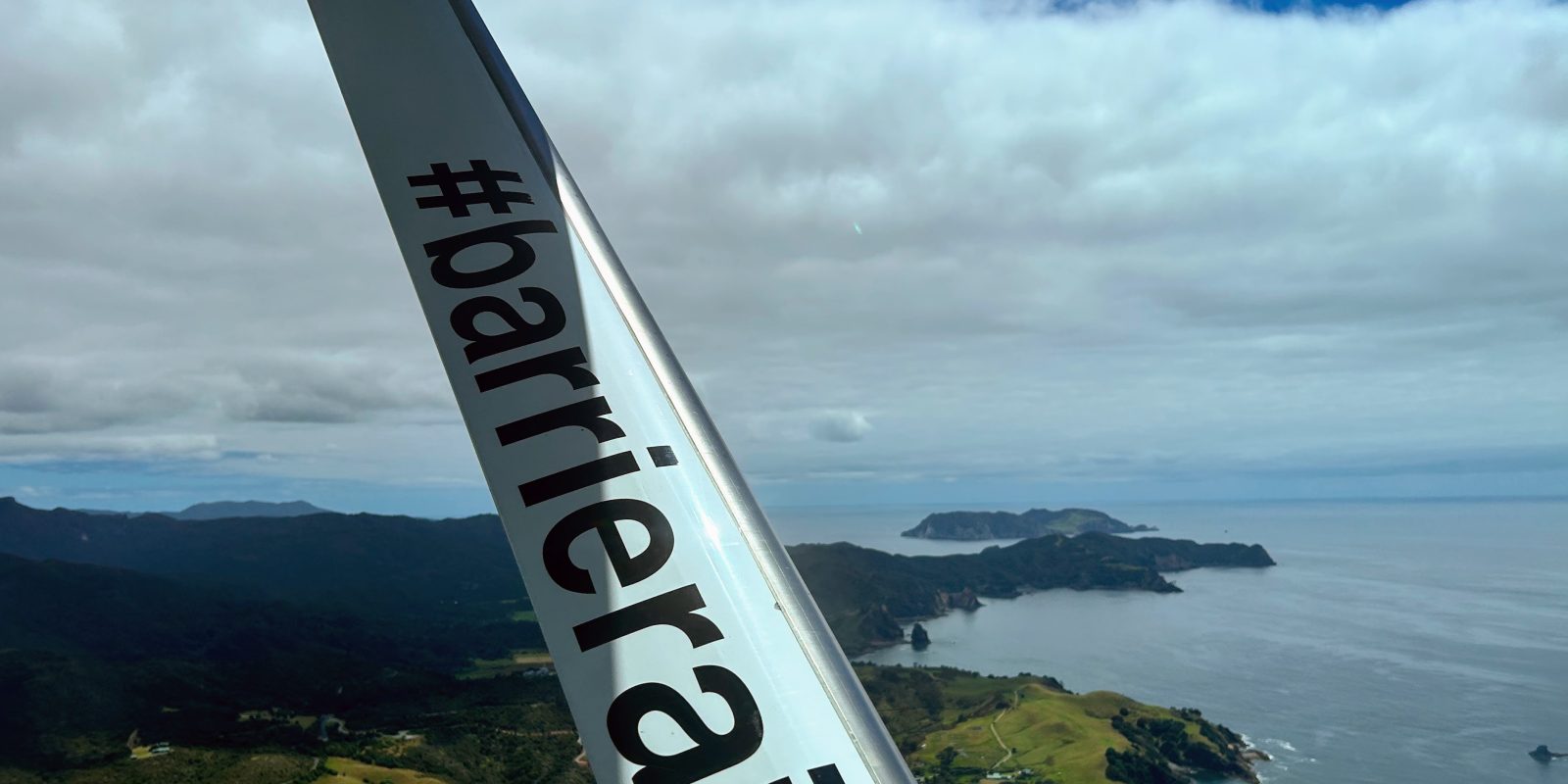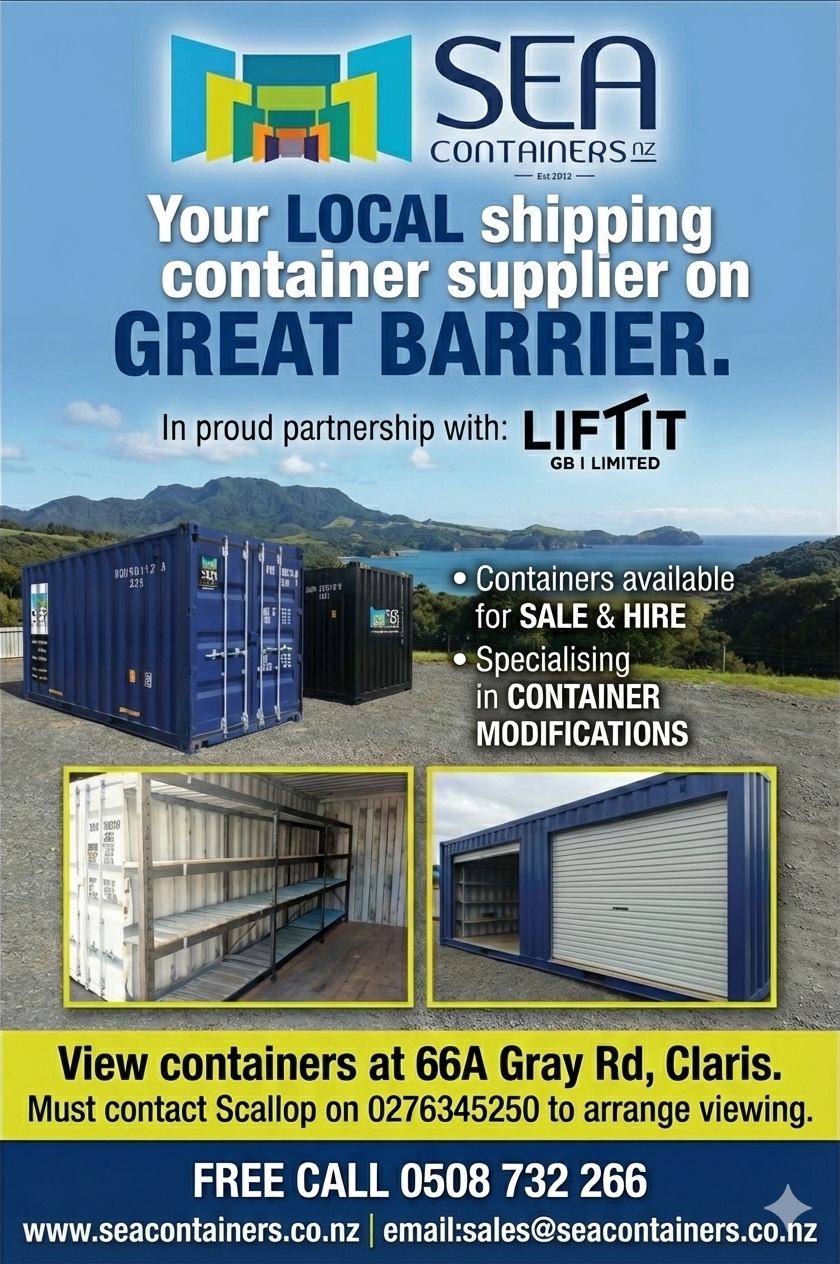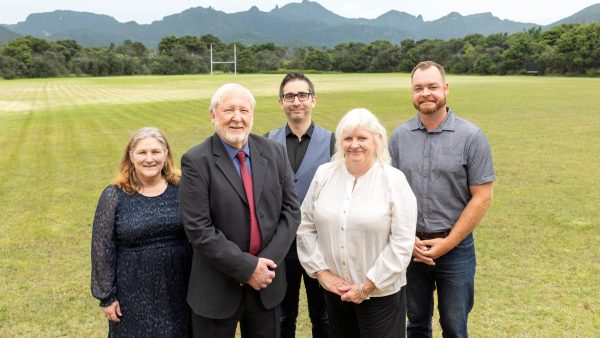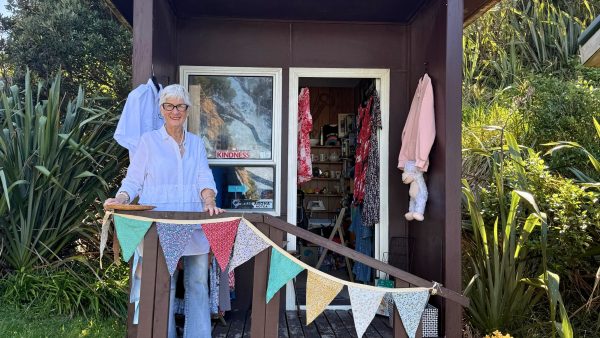Auckland Airport’s ambitious $8 billion redevelopment project is casting a shadow over regional carriers, with Barrier Air at the forefront of concerns as airport taxes are set to surge. Grant Bacon, Chief Executive of Barrier Air, expressed apprehensions Friday over the impending financial strain, stating, “Some costs have increased by around 100 per cent overnight.” Ticket prices he says, will increase from April.
The surge in operational costs due to the decade-long redevelopment is not only a concern for Barrier Air but has also prompted industry giants like Air New Zealand and the Qantas Group to demand scrutiny. Air New Zealand has led the charge, calling for an urgent inquiry into what it deems runaway spending by Auckland Airport, fearing charges per passenger could leap from $9 to $46 by 2032. The Qantas Group, encompassing Jetstar and Qantas flights, alongside industry bodies such as the Board of Airline Representatives New Zealand (Barnz), has echoed this sentiment, seeking greater oversight of airport costs.
Amid the calls for investigation, Air Chathams, another key regional player, has voiced its struggles with the proposed fee increases, which it finds “extremely challenging”. With increased rents for hangars and office spaces compounding their woes, Air Chathams’ COO, Duane Emeny, highlights the disproportionate impact on smaller airlines that won’t necessarily reap the benefits of the airport upgrades, “We don’t feel it is fair to put this burden on small turbo-prop airlines with limited access to capital.” Emeny told NZHerald.
The culmination of these pressures is set to directly affect the wallets of travelers to and from Aotea. Barrier Air, facing the escalated charges and operational costs, says it will increase fares 8% starting April 1. The decision underscoreing the broader industry challenge of maintaining regional connectivity amidst soaring costs, with Barrier Air and its peers caught in the crossfire of infrastructure upgrades and the quest for sustainable operations.
As the debate over airport charges and regulatory oversight intensifies, the timing of Barrier Air’s fare increase could not be more significant, occurring just days before a community hui on Great Barrier Island. The meeting convened by Auckland Council and the local board, is scheduled for Wednesday and aims to tackle issues surrounding sustainable tourism practices to and from the island. Until then, passengers are faced with the undeniable reality: air travel costs to and from the island look set to soar.
Auckland Airport Responds
In a statement to RNZ, an Auckland Airport spokesperson acknowledged the importance of the regional airlines.
“We have partnered and championed Air Chathams right from the start of their operation, working tirelessly to enable them to be operationally and commercially successful because of their importance to the regions they serve.”
The spokesperson rejected any suggestion that upgrades would make regional travel unaffordable.
“Airlines protesting against airport investment is a perennial issue that surfaces every five years when airports change their prices – a process which is currently underway.
“Airlines have strong commercial incentives to oppose airport investment in order to protect their margins.
“Today regional airfares to and from Auckland are significantly higher than they were pre-Covid (30 percent higher in 2023 than 2019 or $39). Regional airfares increased 16 percent between 2022 and 2023, higher than inflation which was 4.7 percent in the 12 months to Dec 2023. “
The airport has made the same argument in its defence of increasing fees earlier this week, when Air New Zealand criticised spending costs for the upgrade.
The airport spokesperson said the charges today “make up a fraction of the cost of an average regional airfare” and by 2027, they would be on par with Christchurch and Wellington airports.
They also said the regional charges increase in July, from $4.40 to $7.10, was still $3 to $4 cheaper than comparable current charges at other major New Zealand airports.








